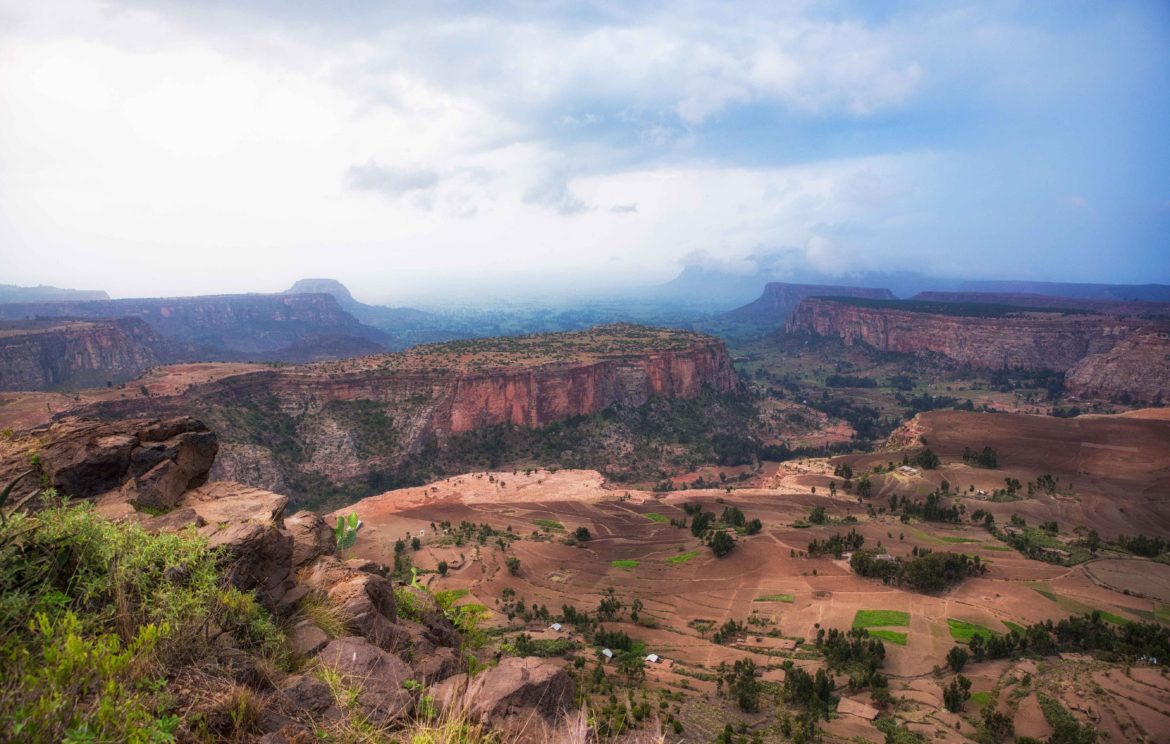On March 8, Michelle Bachelet, the United Nations Official High Commissioner for Human Rights (OHCHR), issued an update on the current human rights and security conditions in Ethiopia’s Tigray region. Based on reports from locally stationed journalists and humanitarian workers, it concluded that the conditions in the region had ‘deteriorated significantly’ since the OHCHR’s last update in November 2021.
Tigray has been the main battleground of a 16 month-long war between the Ethiopian National Defense Force (ENDF) and the Tigray People’s Liberation Front (TPLF). Tensions between the TPLF and the central government began in 2018, following the appointment of Ethiopia’s current prime minister Abiy Ahmed. Upon his appointment, Ahmed implemented significant structural changes to Ethiopia’s federal system as part of his ambitious reform program to modernise the country and ensure development and progress. Guided by his philosophy of ‘Medemer’ (Amharic word for ‘unity’), the program saw Ahmed take several steps to centralize the state’s power and transform Ethiopia into a unitary state. Many, however, view the federal system as essential to account for Ethiopia’s high level of ethnic diversity and to fulfil the constitutional mandate that “Every Nation, Nationality, and People in Ethiopia” maintains “an unconditional right to self-determination.”. The TPLF, especially, strongly opposed Ahmed’s attempts at centralization due to the threats posed to its regional autonomy; in fact most of Ethiopia’s ten regional states would prefer remaining within the multi-ethnic federal structure.
In the two years that followed Ahmed’s appointment, the central government and the TPLF continued to hold opposing visions on Ethiopia’s governing structure and tensions between the two simmered. On November 3rd 2020, the political impasse culminated in a TPLF attack on an ENDF military base in Dansha. Ahmed responded by ordering a full-scale military invasion of Tigray and an immediate slashing of federal funds to the region. The resulting conflict has been rife with human rights abuses from troops on both sides including weaponized rape, targeted civilian attacks, and extrajudicial murder. With up to half a million casualties, directly and indirectly, due to the conflict and the displacement of millions, the war in Tigray has triggered one of the world’s worst humanitarian crises.
These consequences have been worsened by the lack of aid entering the region, at a time when more than 5.2 million people in Tigray need humanitarian support. Two years of fighting have caused a man-made famine that has already led to thousands dying of starvation, many of whom were children, and presently leaves millions food insecure. In January, the WFP warned that 83% of Tigrayans were food-deprived. The conflict has also caused significant damage to medical infrastructure in Tigray, Amhara, and Afar, meaning millions are dependent on humanitarian aid for medical care and food aid.
However, intensified combat and escalating fuel prices over the past few months has made it more difficult for humanitarian organizations to travel and operate in Tigray. No aid trucks have entered the region since December 8th , 2021 and aid agencies have been forced to use the more costly and less efficient route of air transport. Aid delivery has also been greatly reduced due to the targeting of aid workers, and government-mandated blockades on the region.
Most recently, on March 24 Ahmed declared a unilateral truce in order to allow aid to re-enter the region once again. While this is an important step towards resolving the conflict and administering the required aid, it is important to note that multiple ceasefires have been made and broken throughout the war. As the conflict has slipped under the radar of international dialogue, pressure on the warring factions to adhere to ceasefire conditions has been minimal.
Edited by Mehak Balwani
Joel Sawmadal is in his second year at McGill University, where he studies Economics and Political Science. This is his first year as a Catalyst staff writer and his interests include economic development and politics in developing countries.

